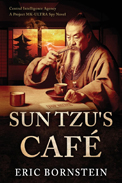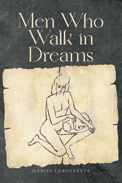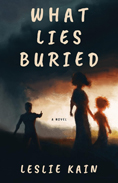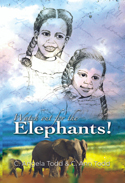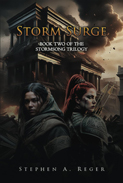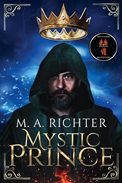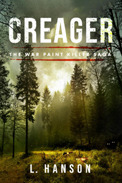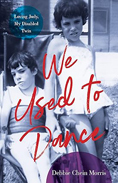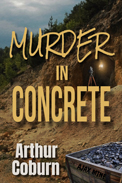by Eric Bornstein
MindStir Media
book review by Mihir Shah
“This plan would allow the CPC to gain access to America’s upcoming best and brightest young minds.”
Transporting audiences into a riveting espionage thriller, Bornstein pushes the limits of science and technology to create a potentially cataclysmic outcome that is as plot-centric as it is character-driven. Loyalties are tested regularly, revealing the fortitude of the main characters and their determination to achieve their goals at all costs. Not your typical thriller, the narrative is tied to one’s roots, family, and being wronged in a way that can’t easily be forgiven.
The novel centers around Li Qiang, a budding chemistry graduate from Columbia University, who gets strong armed into assisting government intelligence in their covert operations. Deeper at the root of Bornstein’s work is an exploration of a pivotal moment in the fusion of history: the Sino-Japanese War and the subsequent, tragic demise of countless Chinese Americans due to President Arthur’s passing of the Chinese Exclusion Act. While assets are often inherited by future generations, Qiang inherited an unshakeable desire for revenge from his grandfather Ming, who experienced the immense and systematic loss of his family firsthand. Describing it as “smoldering resentment,” Qiang is playing the long game, a chess grandmaster of sorts who is setting up his enemy for a fatal blow.
Qiang is brought on board by US intelligence to infiltrate the Chinese national government through Project CHATTER. Similarly, Project JAVA-WAR utilizes the integration of hallucinogens and psychedelics, specifically the psychoactive cannabinoid mescaline, to give rise to the next level of chemical warfare with devastating results: schizophrenia and psychosis. Its premise is simple: use the Sun Tzu Cafe to target unsuspecting coffee shopgoers who just so happen to be graduate students and the brightest American minds. Unsurprisingly, they would then profile them and manipulate the information to fit their agenda.
Interestingly, the author uses the historical fiction platform to shed light on watershed moments in US espionage history, such as Project MKULTRA, allowing younger audiences to become privy to the magnitude of intelligence ploys on both sides of the competition. For example, Dr. Champlain and Dr. Asher Berenson use their research knowledge to counter what Qiang has planned, resulting in a frenetic who-blinks-first sequence of events that are simultaneously action-packed and contemplative.
While chemical and biological warfare isn’t necessarily a novel topic, the resolve of an individual determined to serve retribution to his former employers, to get justice for his grandfather and family members, and to respond to the endless threats against his own parents transform the narrative from a simple espionage saga to one that is intensely personal. Qiang’s determination transcends even time as he’s ready to continue the battle with future generations if he is not able to get the revenge he seeks.
From a narrative perspective, the work is a gem, spinning a seamless story that has audiences invested in Qiang. Much of the intrigue with his character stems from his timely references to quotes from Sun Tzu’s The Art of War. This is seen in quotes like this: “To fight and conquer in all your battles is not supreme excellence; supreme excellence consists in breaking the enemy’s resistance without fighting.” It is in these moments and passages when audiences fully buy in that this is not simply going to be resolved with brute force but rather an elongated, drawn-out mind game where the main player sees nothing but revenge and will stop short of nothing to exact that, even if that means finding a wife in his middle-age years to create spawn that he can train to continue the generational warfare.
Though there are many characters who play a central role, the core of the work revolves around the the concept of resilience and commitment to a cause, come hell or high water. It is this quality that undoubtedly will be endearing to audiences. When combined with an electric plot that is devoid of any dull moments, Bornstein’s work makes for an enriching read, a thought-provoking probe into the inner workings of central intelligence as a whole.
RECOMMENDED by the US Review

